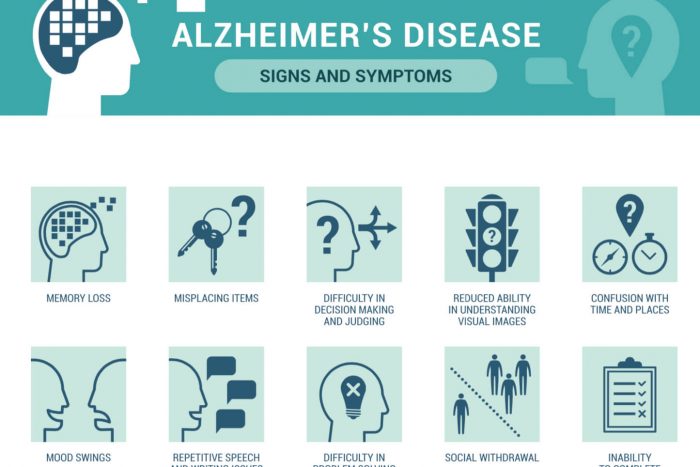Can Someone with Dementia Be Left Alone?

People with dementia sooner or later enter the stage in which they need someone else’s help with the activities of daily living such as dressing, eating, bathing, grooming, and toileting. Also, as dementia progresses, the symptoms affect a person’s decision-making, judgment, and communication skills. When a person enters this stage of dementia, he or she shouldn’t be left alone.
However, even patients with mild symptoms of dementia should not be left alone if they display agitated, anxious, or aggressive behaviors.
If you are unsure whether your loved one may not be safe anymore, watch out for the following signs that he or she might need constant supervision.
1. Difficulties Managing Medication
Declining memory and worsened judgment can make medication management difficult or even impossible. Your loved one may misplace their medication, forget to take medication or overdose. They may also have difficulties swallowing medications.
2. Getting Lost
If a person with dementia leaves the house and wanders, they should not be left alone. It is estimated that around 60 percent of people with Alzheimer’s disease wanders and gets lost at some point in the disease.
Also, people in later stages of dementia often confuse a day for night and may wander out of the house in the middle of the night, so you need to consider supervision during the nighttime, secure the doors with an alarm system and high locks.
3. Leaving the House Open
As dementia progresses, your loved one will gradually lose the ability to make safe judgments and decisions. They may leave the house unlocked during the night or open the door to strangers, risking their own and other family members’ safety.
4. Inability to Respond to Emergencies
Ask yourself whether your loved one with dementia would know how to respond in an emergency such as a fire, burglary, or medical emergency. Ask the person what would they do if there is a fire in the house, for example. If they are not able to respond appropriately in an emergency, then they should not be left alone anymore.
5. Leaving the Stove On
Watch for signs of burned pans or kettles in the kitchen if you suspect that your loved one with dementia leaves the stove on more than occasionally, as this can become very dangerous.
6. Tripping and Falling Often
Falling is a huge safety hazard for elderly people living alone. If the person with dementia has difficulties with mobility, especially if they are often tripping and falling, you should not leave them unsupervised.
7. Experiencing Anxiety and Depression
Anxiety and depression in people with dementia may lead to safety risks such as leaving the house, self-harming behaviors, or inviting strangers in, so this is a point to consider constant supervision.
It is hard sometimes to draw a line between being overprotective and taking reasonable precautions to ensure your loved one’s safety. However, if you notice some or most of the abovementioned red flags, it may be time to consider moving your loved one with dementia to residential care.



